WCFC’s Wildfire Risk Reduction Project added to the Canadian Map of Adaptation Actions.
Canada in a Changing Climate: Advancing our Knowledge for Action is the national assessment of how and why Canada’s climate is changing; the impacts of these changes on our communities, environment, and economy; and how we are adapting.
The Wetzin’kwa Community Forest Corporation’s (WCFC’s) Shaded Fuel Break Wildfire Risk Reduction Project on Hudson Bay Mountain Road and our Strategic Wildfire Hazard Mitigation Plan is published on the Map of Adaptation Actions as a example of community decision-making process adapting to a changing climate across Canada.
In 2018, with funding from the Forest Enhancement Society of British Columbia (FESBC), WCFC developed the SWHMP to address the increasing concerns of wildfire in the Bulkley Valley, in the northwest central interior of British Columbia and create linkages with local government’s tactical planning for Wildfire Risk Reduction. The objective of this plan was to build a framework for incorporating fire and fuel management planning into the community forest’s operational activities and work towards implementing wildfire risk reduction actions, as well as providing a baseline analysis of wildfire risk. As a result of the SWHMP, a shaded fuel break was proposed along a key piece of local infrastructure, Hudson Bay Mountain Road, in Smithers, BC. WCFC has worked closely with community partners on this project and received funding from the Forest Enhacement Society of BC (FESBC) and the provincial Crown Land Wildfire Risk Reduction (CLWRR) funding stream to help bring this project to completion.

